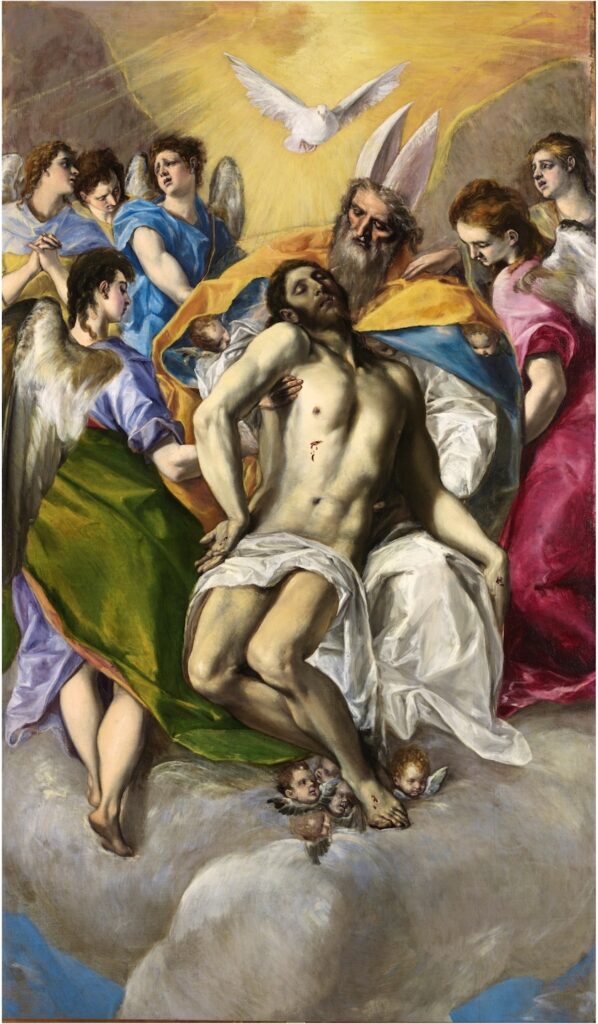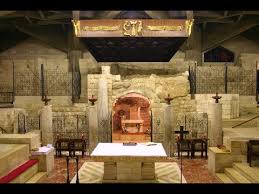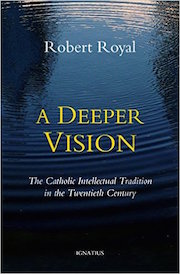Recently, my good friend Fran Maier published a column (here), on the possible existence of aliens. He noted that the Christian faith does not preclude the existence of intelligent life elsewhere in the universe, and that the military has seen and tracked UFOs or UAPs (Unidentified Aerial Phenomena). And Fran testified that he himself has seen UFOs. I myself am skeptical of the existence of extraterrestrial intelligent beings. Interestingly, though many have borne witness to their “vehicles,” no one credible, to my knowledge, has ever actually seen an alien being.
What concerns me is not so much the existence of alien intelligent life, but rather – if they do exist – the implications of their existence in relation to Jesus. As Christians, when we speak of the possibility of intelligent life elsewhere in the universe, we must factor in Jesus. Why so?
First, human beings were created in the image and likeness of God, and so in the image and likeness of the Son, for he is the perfect image of his Father. To be made in the image and likeness of the Son not only means that human beings possess intelligence – the ability to know the truth and to will and love what is good – but also that our bodies must also bear the image of God. For it is the whole of us as human beings that bears God’s image.
The beauty of the human body testifies to the truth that it too shares in God’s likeness. Again, if alien life does exist, not only would its intelligence bear witness to its divine likeness, but also its material body. This is hard to image. Whenever non-human intelligent life is portrayed in literature (particularly in movies), the alien’s body is always disfigured. Spock’s pointed ears may manifest that he is not a human being, but they do nothing to enhance his beauty – actually, they make Spock look odd and unattractive. Spock may be more intelligent than a human being, but he is less beautiful.
Second, because of sin, not only humankind was marred, but also the whole of creation. The entire cosmos is now groaning in communion with all of humanity. (Romans 8:22-23) Since aliens are members of the cosmos, they too would have to be affected by humankind’s sin. The very absurdity of such a conclusion argues against the existence of alien intelligent life.
Moreover, this conclusion equally manifests the absolute centrality of human life within the whole of the created order. While some may argue that it’s the height of arrogance to posit the sole supremacy of human life, that affirmation expresses the dignity that God bestowed when he created us in his image and likeness.
 Third, and most importantly, the existence of intelligent aliens would be contrary to God’s revealed eternal plan for the whole of creation, for human beings, and above all for Jesus himself. God not only created everything through his Son, but he also created everything for him – “whether thrones or dominions or principalities or authorities [or aliens]. He is before all things, and in him all things hold together.” (Colossians 1:16)
Third, and most importantly, the existence of intelligent aliens would be contrary to God’s revealed eternal plan for the whole of creation, for human beings, and above all for Jesus himself. God not only created everything through his Son, but he also created everything for him – “whether thrones or dominions or principalities or authorities [or aliens]. He is before all things, and in him all things hold together.” (Colossians 1:16)
This “holding together” is not simply associated with the Father’s Son as such, but specifically with his incarnate state. It’s Jesus, as the incarnate Son, who “reconciles all things, whether on earth or in heaven, making peace by the blood of the cross.” (Colossians 1:15-20)
The entire cosmos was created for the incarnate Son of God, Jesus. It’s as man that the Son of God reigns supreme. For him, as man, to reign over non-human aliens defies logic, which proves true only if human beings solely exist within the cosmic created order.
This is most fully professed in the Ephesian hymn. God ought to be blessed because he “has blessed us in Christ,” for “he chose us in Christ before the foundation of the world.” Likewise, “he destined us to be his sons through Jesus Christ.” Only in Christ are our sins forgiven through his blood. What God has done is to make “known to us in all wisdom and insight the mystery of his will, according to the purpose which he set forth in Christ as a plan for the fulness of time, to unite all things in him, things in heaven and things on earth.” (Ephesians 1:3-10)
From all eternality, God chose humankind, and the whole cosmic order, to be summed up, taken up into Christ, the Father’s incarnate Son. At the end of time, we are subsumed into the glorious risen humanity of the Son. Intelligent aliens find no place within God’s eternal scheme – his entire focus is on human beings and the humanity of his divine incarnate Son.
Similarly, God the Son did not selfishly cling to his divinity, but humbled himself, taking on the form of a servant, and in so doing, was obedient even unto death on the cross. “Therefore, God has highly exalted him and bestowed on him the name which is above every name, that at the name of Jesus every knee should bow, in heaven and on earth and under the earth, and every tongue confess that Jesus Christ is Lord, to the glory of God the Father.” (Philippians 2:9-11).
The hymn’s entire focus is the salvific work that he accomplished as man. Because of the incarnate Son’s human work of salvation, the Father bestowed upon him the greatest of all names, that is, Lord.
Throughout the entire cosmos, heaven, earth, under the earth, every knee is to bend, and every tongue is to proclaim that the risen man Jesus, the incarnate Son, is Lord. Jesus cosmically reigns supreme as man. He is not Lord of non-human aliens, for they do not exist.
Thus, while it may be fun to fantasize during the dog days of summer about the existence of aliens, such daydreaming, if it is deemed to be real, can wreak havoc on the Gospel, particularly to the primacy of Jesus as the cosmic incarnate Lord of all.
__________















